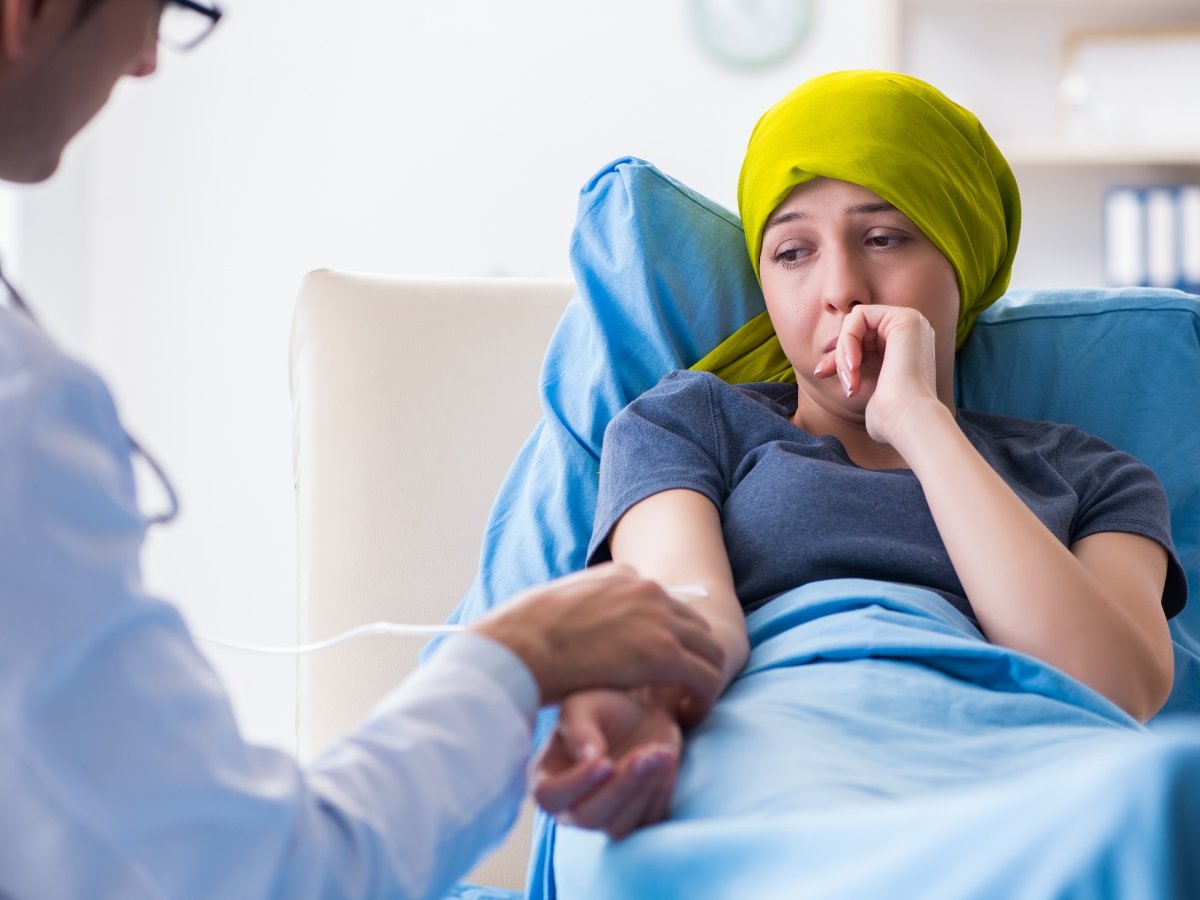Cancer, a disease traditionally associated with older age, is now increasingly affecting young adults, raising concerns among medical professionals and researchers. Recent studies and reports have highlighted this worrying trend, emphasizing the need for awareness and early detection.
Alarming Trends in Cancer Rates Among Young Adults
A recent study published in the journal JAMA Network Open, based on data from 17 National Cancer Institute registries, reveals a significant increase in early-onset cancers (diagnosed in patients under age 50) in the United States. Between 2010 and 2019, there was an average annual increase of 0.28% in these cases. Notably, the rise was more pronounced in women, with an average annual increase of 0.67%, while rates in men decreased by 0.37% annually. The study found a total of 35,721 early-onset cancer cases in women in 2019, compared to 34,233 in 2010, marking a 4.35% increase. In contrast, cases among men fell by 4.91%, from 21,818 in 2010 to 20,747 in 2019.
This study found increasing incidence of colorectal cancer in younger adults, suggesting the importance of targeted screening efforts, especially for males aged younger than 50 years. https://t.co/MJ3eHFC0JT
— JAMA Network Open (@JAMANetworkOpen) December 6, 2023
Specific Cancer Types on the Rise
The most common early-onset cancers diagnosed in 2019 were breast (12,649 cases), thyroid (5,869), and colorectal cancers (4,097). The most significant increases were observed in cancers of the appendix (252% increase), bile duct (142%), and uterine cancer (76%). Gastrointestinal tract cancers, particularly colorectal cancers, have shown a nearly 15% increase from 2010 to 2019.
Global Perspective and Possible Causes
This trend is not confined to the United States. A review of cancer registry records in 44 countries found a rapid increase in early-onset cancers for 14 types, many affecting the digestive system. Experts suggest that more sensitive screening tests and lifestyle factors, such as increased caloric consumption, obesity, and lack of exercise, might be contributing to this trend. Alcohol use, particularly binge drinking, has also been linked to a rise in alcohol-related cancers.

Recommendations for Reducing Cancer Risk
To lower overall cancer risk, experts recommend maintaining a healthy weight, regular exercise, a diet rich in fresh fruits and vegetables, and reducing processed food intake. Limiting alcohol consumption is also advised.
Research and Awareness: The Way Forward
Continued research into the causes of this increase in young adult cancer rates is crucial. Raising awareness about the importance of early detection and healthy lifestyle choices is also vital in combating this trend.







